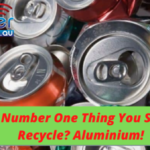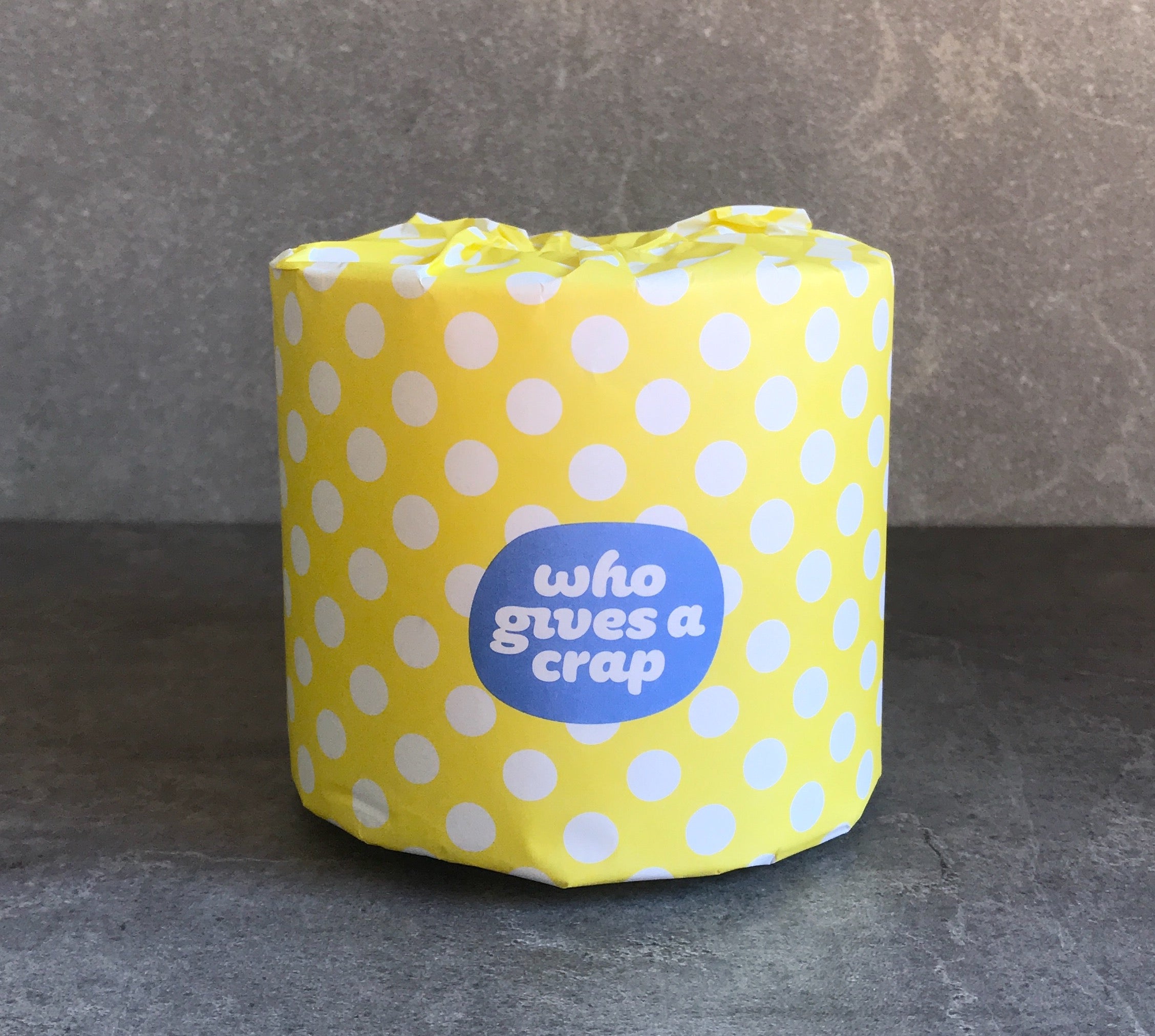How To Recycle Wetsuits ♻️ Podcast Ep. 40 Don’t Be A Waster
Energy Disrupter
Listen on Apple Podcasts Listen on Spotify Listen on Google Podcasts Listen on Stitcher Listen on Amazon Music
Transcript: How To Recycle Wetsuits
How To Recycle Wetsuits ♻️: Hello and welcome to another edition of Recycle: Don’t be a Waster, where we cover basically any news in the recycling sector. The good news, and unfortunately, sometimes the bad news. So today, I think we want to cover something that might be appropriate for people coming into summer and when people are getting into the water and enjoying the sea etc. over the the Christmas and summer holidays, and that is recycling wetsuits.
>Download Now: Free PDF Business Owners Guide To Commingled Recycling Bin Services
So wetsuits are actually a very interesting product. You know, they’re incredibly effective at keeping you warm and letting you get into the water even if it’s icy cold in winter. So I suppose the first question is “how do wetsuits work?” Wetsuits are like, in theory, they’re a quite simple invention, but with a quite amazing product or material that makes them called neoprene. A lot of people think they’re made of rubber. But in fact, it’s a synthetic rubber. Neoprene is a brand name also known as polychloroprene, and that is made up of carbon hydrogen and chlorine polymers.
So in theory, it’s not rubber which comes from a plant. That is a natural product. It’s basically made from petrochemicals and in the oil industry. And what they do… the great benefit of this is that it doesn’t transmit, you know, heat – does not. It’s not a conductor, so heat does not transmit through the plastic. Basically, you get into your wetsuit, you jump in the water, it captures a thin layer of water between your skin and the… under the rubber of the plastic. And basically, that keeps it warm at your body temperature.
Act 2: How To Recycle Wetsuits
And you know the… it basically keeps you warm. Glass in the water, obviously, the thicker the neoprene suit is, the more effective this is. So when people have, you know, in colder climates, you can have thicker thicker wetsuits, obviously. These, you’re in salt water, you know, you’re out in the sunshine. There’s a lot of wear and tear on these, so these suits do not last forever. Obviously, people also grow… get bigger and just the way the systems work.
If you happen to rip them etc. the clay will lose a lot of their effectiveness. So you know, what are the options for these… for recycling these suits? I think, I suppose the good news is we actually have a free… there is a free service available that we want to tell people about. Basically, TerraCycle have partnered… through TerraCycle… We’ve covered, I think, on numerous podcasts, which is like a niche recycler. We would regard tower cyclists really coming into that niche, whereby if you can’t recycle it through normal commercial means, TerraCycle often will provide service.
You know, they cover things like coffee pods and many different services from soft plastics to, you know, printers etc. But this is one that I just stumbled upon recently, and they will take the neoprene suit through a partnership with Rip Curl, you know, the major Australian surf clothing company. But the great news is they will pretty much take them for free. So there’s no cost to the person dropping them off. And Rip Curl are sponsoring this program.
Act 3: How To Recycle Wetsuits
So what can you recycle through the program? you can do wetsuits also assorted ancillary items such as booties gloves helmets and Diving suits made of the same sort of material there’s no cost to the end user as it’s all sponsored by Rip Curl and um I suppose the only advice is you do not even need to clean your wetsuit before dropping it off. Rib Curl, however, will not accept dripping wet items, so please make sure they are dry. What do they recycle into? Fundamentally. because they’re plastic, what we’re doing or what TerraCycle is doing is they’re basically. you know. chrome making them into crumbs of new material very similar to, you know, how bottles etc. are recycled.
You break it down into very small amounts, and then those those crumbs of plastic can be used to make new items. And I think the example they’re giving that’s most likely will be soft for matting for playgrounds. So all in all, a great outcome. You know, you probably feel less guilty about getting a new wetsuit if you need one for this summer. It should be pointed out, of course, that there are other options rather than just simply recycling your wetsuit.
That shall be considered repairing a wetsuit… is certainly possible if you have a ripper or, you know, holes in it. Or wear and tear, you can simply attach a new patch of neoprene to that and it will almost be a metal look as good, but it will be as effective at keeping you warm in the water. And second there are options also for donating them through charitable organizations, to, you know, to the needy. So obviously, help people get out and enjoy the great outdoors.
Act 4: How To Recycle Wetsuits
Some of the examples of where you can donate them, I think probably in your local area, you did research that because some of the examples I found tend to be more focused internationally than in Australia. But yeah, you can do… work on your… dispose of these wetsuits through the website Rip Curl TerraCycle program. There is a list of locations on the website and you can drop them off at pretty much any Rip Curl facility in Australia.
So I think we’ve got in Victoria. It’s like five or six options. Again, in Sydney, you’ve got a little while I’m gone. You’ve got them all across Sydney so when wherever there’s a Rip Curl store. And again, you’ve got locations in Queensland, in South Australia and WA. And I can see on the list locations in Tazi or NT. But we will, yeah, I’ll check on that and we’ll update this if there are some available. So I think that’s a great new story. This is likely our last podcast before the Christmas holidays, so we’ll wish all our listeners have a very merry and green Christmas. Thanks again for listening!















